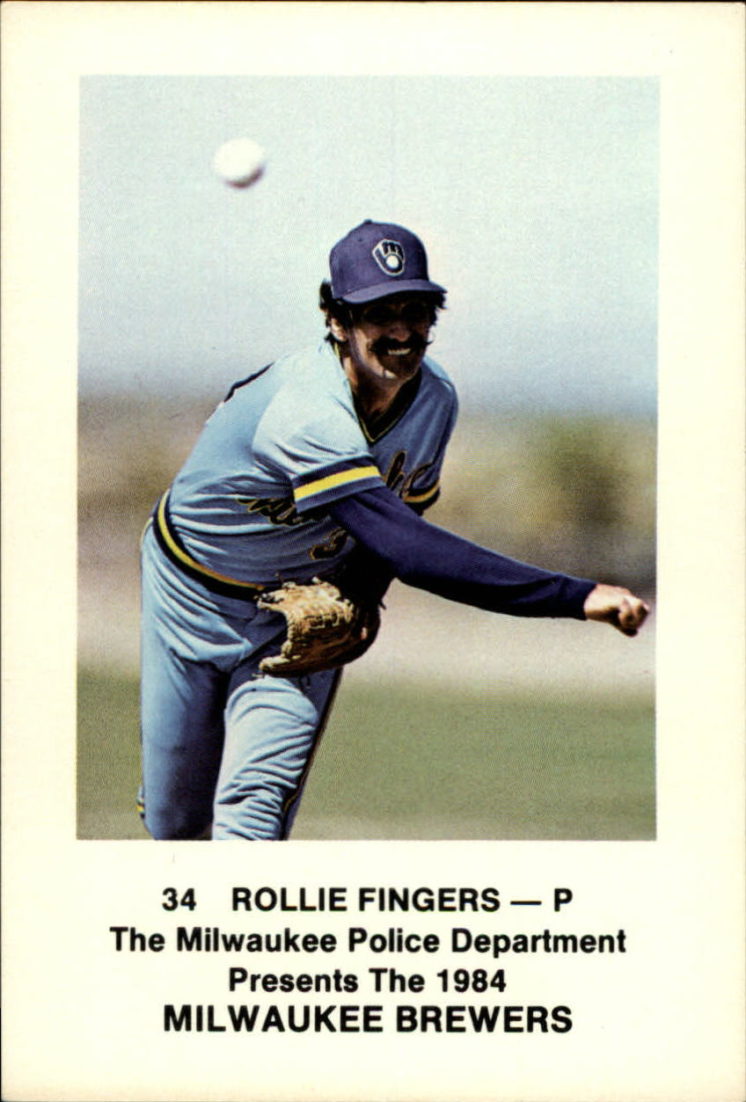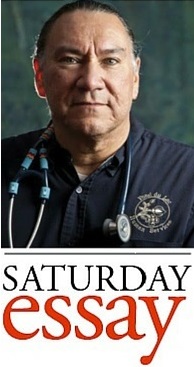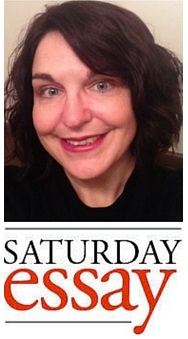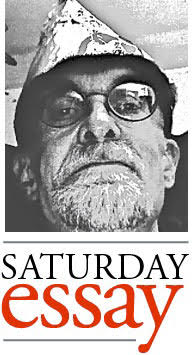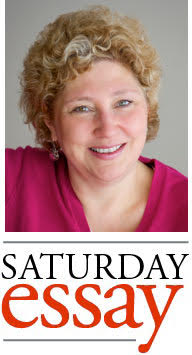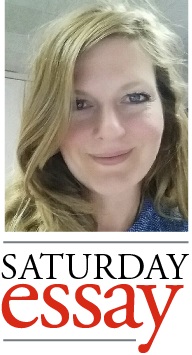Teen for God
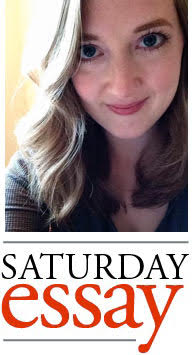 The summer I turned sixteen the swelter at camp was relentless. Each afternoon the temperature peaked — 101, 102, even rising past 103 degrees — and campers dropped like flies from the heat. Or like grasshoppers, really. Have you ever seen a grasshopper before it keels over under a body-blistering sun? It jumps erratically, its center of balance overridden by an instinct of perpetual motion, and then it just stops, still and stiffening as its body bakes. The kids were like that — frantic in the sports field with Frisbees and soccer balls, fueled by mediocre mess hall food — and then they crumpled to the ground, unmoving until the nurse came to time their pulses and brace them for the walk to the infirmary.
The summer I turned sixteen the swelter at camp was relentless. Each afternoon the temperature peaked — 101, 102, even rising past 103 degrees — and campers dropped like flies from the heat. Or like grasshoppers, really. Have you ever seen a grasshopper before it keels over under a body-blistering sun? It jumps erratically, its center of balance overridden by an instinct of perpetual motion, and then it just stops, still and stiffening as its body bakes. The kids were like that — frantic in the sports field with Frisbees and soccer balls, fueled by mediocre mess hall food — and then they crumpled to the ground, unmoving until the nurse came to time their pulses and brace them for the walk to the infirmary.
The heatstroke hit the girls almost exclusively, until the nurse’s station was out of cots and they had to clear space in the back of the gym for a makeshift second infirmary. The rest of us were told to drink water and to sit in the shade as often as possible. We rolled up the legs of our pants and tucked the arms of our shirts up over our shoulders. Camp rules for girls: No tank tops, no two-piece bathing suits, no shorts shorter than an inch above the knee. Modesty always.








